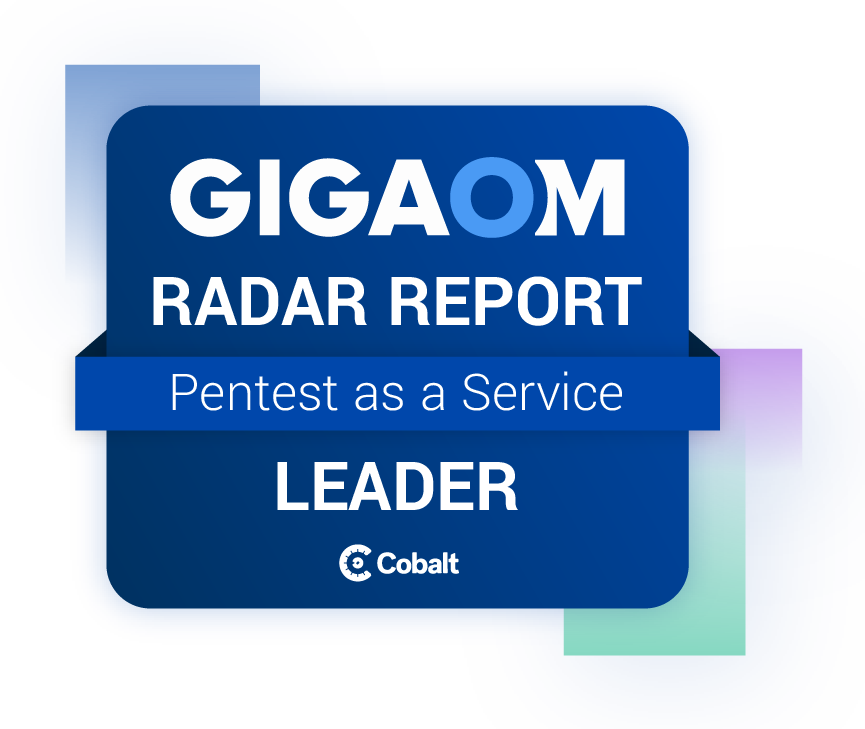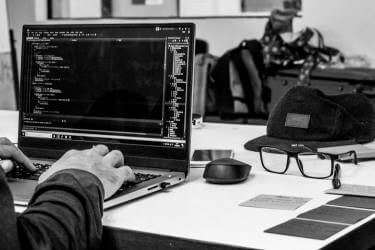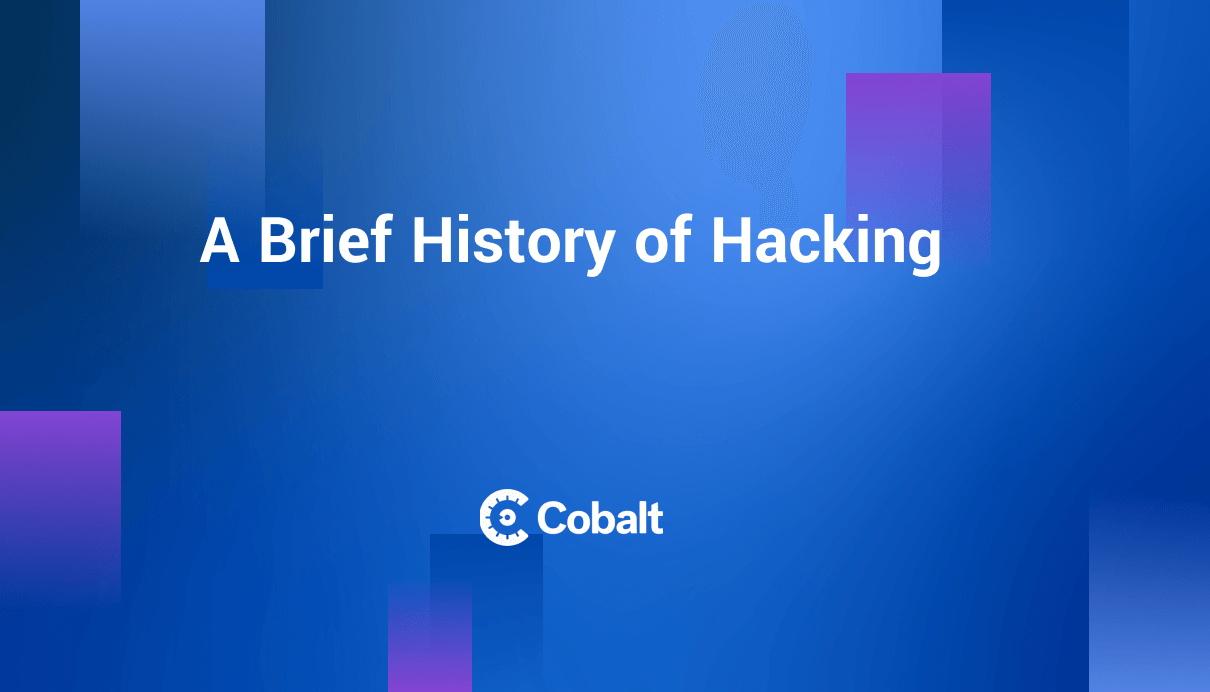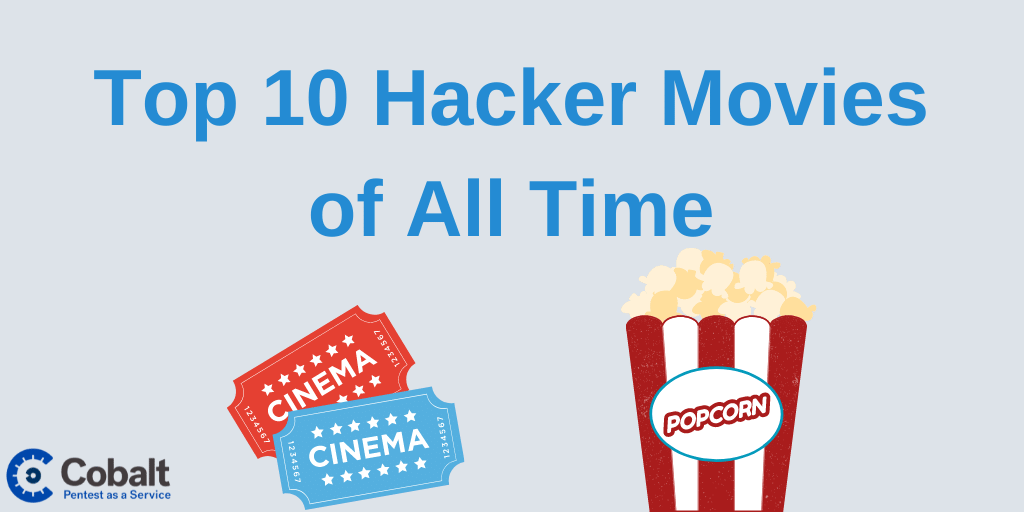Hacking, often visualized through the lens of shadowy figures and coded mysteries, has been historically perceived as a male-dominated arena. However, beneath the surface of popular perception, women have been actively shaping the contours of the hacking landscape. Their contributions, spanning both the ethical and the illicit, debunk the stereotype of the typical hacker.
This list sheds light on ten female figures who have not only broken gender norms but also influenced the realm of cybersecurity, for better or worse.
1. Susan Headley (Susan Thunder)
Susan Thunder was a notable hacker in the 1970s. Starting in the phone-phreaking community of Southern California, which involved manipulating telephone systems to make free calls, she soon transitioned into computer hacking.
Her most notorious exploit pertains to her collaboration with Kevin Mitnick, another figurehead in hacking lore. Together, they targeted Pacific Bell voicemail computers, seeking to compromise the system. Thunder's techniques weren't merely technical. Often, she would deploy social engineering strategies, manipulating individuals into revealing confidential data. This modus operandi, combining technical prowess with psychological manipulation, made her both formidable and unique in the hacking world.
By the late 1980s, she had made a significant shift, opting for a life within the legal confines, distancing herself from her earlier escapades.
2. Kristina Vladimirovna Svechinskaya
Kristina Vladimirovna Svechinskaya, a Russian student at New York University, became a prominent hacker in 2010. Accused of conspiring to defraud British and U.S. banks, she used the Zeus Trojan horse to infiltrate thousands of bank accounts.
Alongside nine accomplices, Svechinskaya reportedly stole a staggering $3 million. Federal prosecutors charged her with bank fraud conspiracy and misuse of passports.
By 2016, shifting away from her criminal past, she introduced SmartFlash, a secure cloud-based USB flash drive designed for vast data storage. Additionally, the Russian film "Botnet" takes inspiration from her intriguing cyber saga.
3. Paige Thompson
In 2019, Paige Thompson's most notable feat came to light: the significant data breach of Capital One, impacting over 100 million customers. The exposed information wasn't just generic data; it was highly sensitive, encompassing personal details, credit scores, and transaction records.
Leveraging misconfigured firewalls in Capital One's system, she skillfully exploited these vulnerabilities. After the breach, investigators quickly traced digital footprints back to Thompson. Ironically, her downfall was a result of her openness about her actions. She had previously bragged about the data theft on various online platforms, leaving an evident trail for law enforcement.
Despite the devastation of the breach, the aftermath served as a wake-up call for many corporations. The need for rigorous security checks, frequent system updates, and continuous monitoring became evident. Thompson was convicted in 2022 but sentenced to time served and probation.
4. Dorothy Denning
Dorothy Denning carved a niche in cybersecurity and encryption during the late 20th century. Her efforts stand out for enhancing the field rather than causing disruptions. Her work laid the foundation for pivotal policies and techniques in digital protection.
She specialized in cryptology, focusing on how to make digital communications more secure. Her "Lattice Model" provided a unique approach to evaluating and setting security measures. Beyond research, Denning dedicated herself to education. She taught at Georgetown University and the Naval Postgraduate School, guiding future cybersecurity leaders.
Denning also frequently collaborated with policymakers, bridging the gap between technology and legislation. She shared her insights with Congress, wrote countless articles, and was a sought-after speaker at tech conferences. Throughout her career, she emphasized the ethical implications of cybersecurity, championing policies that protected individual rights.
5. Kimberley Vanvaeck (AKA Gigabyte)
Kim Vanvaeck, better known in the cybersecurity world as "Gigabyte," hails from Belgium and became notorious during the early 2000s for her distinctive computer viruses. Unlike the traditional intent of wreaking havoc, her viruses carried messages pushing for greater female representation in hacking and cybersecurity.
Among her creations, the Coconut-A virus stood out. It was a visual spectacle, making fireworks appear on the infected computer's screen. The Sahay-A virus, another of her creations, vocalized a personal message upon activation. Yet another, the Sharp-A, was particularly disruptive, deleting files and showcasing a personal note from Gigabyte about her perspective on hacking.
Gigabyte's approach to hacking was more than just digital vandalism; it was a form of communication and protest. Her viruses were her medium to voice concerns and bring attention to the gender imbalance in the hacking community.
However, the law saw it differently. In 2004, Belgian authorities arrested her, pointing to the disruption and potential damage her viruses could inflict on unsuspecting systems.
6. Raven Adler
Raven Adler is a distinguished figure in the realm of cybersecurity, recognized not just for her hacking prowess but also for her advocacy and educational endeavors. She was the first woman to present at the infamous DEF CON hacker conference.
Adler's focus has consistently been on fortifying systems against potential threats. Instead of exploiting vulnerabilities for personal gain, she has channeled her expertise into consulting, where she helps organizations bolster their cybersecurity defenses.
Beyond her technical work, Adler is an ardent supporter of educating the masses about cybersecurity. She frequently delivers lectures, conducts workshops, and authors articles aimed at spreading knowledge on the subject.
7. Malware Unicorn
Operating under the pseudonym Malware Unicorn, this hacker emerged post-2015, rapidly establishing herself as an expert in reverse engineering and malware research. She identifies and decodes complex malware, unraveling its purposes and mechanisms.
One of her significant achievements involves dissecting and revealing the intricacies behind some of the most stealthy and destructive malware strains. Her detailed breakdowns often serve as invaluable resources for cybersecurity professionals worldwide, allowing them to understand better and counteract these threats.
Malware Unicorn is also a fervent advocate for fostering diversity within cybersecurity and recognizing the gender disparity in the field. She has taken proactive measures to change the narrative. Through workshops, training sessions, and mentorship programs, she seeks to break down barriers that have historically deterred women from participating.
8. Ying Cracker
Hailing from China, Ying became well-known in the mid-2000s for her expertise in software cracking. Not only did she breach several high-security systems, but she also taught classes on the subject, spreading her knowledge and techniques to other aspiring hackers.
Her proficiency wasn't just in breaching high-security systems and dismantling software to understand its inner workings. This skill, often called "cracking," allowed her to bypass software protections and unlock premium features without the usual costs.
Instead of keeping her knowledge clandestine, she offered courses on the techniques she employed. Her teachings, available both online and in person, covered various topics, from basic software manipulation to advanced hacking methods, and fostered a new generation of hackers equipped with her techniques and insights.
9. Jude Milhon
Jude Milhon, more widely recognized by her hacker pseudonym "St. Jude," was an influential figure in the hacking landscape of the 1990s. But Milhon wasn't just about breaking into systems; she believed in the empowerment hacking could bring, especially to women in a tech industry dominated by men.
An accomplished writer and computer professional, Milhon channeled her passion into her works. She authored books and articles on the technicalities of hacking but also explored its philosophical and ethical dimensions. She advocated for the idea that hacking was a powerful tool for challenging established norms and that women could wield this tool to reclaim spaces traditionally denied to them.
Beyond writing, Milhon was also a co-founder of "CyberGrrl," a groundbreaking forum aimed at creating a welcoming online space for women in technology.
10. Adeanna Cooke
Adeanna Cooke is an esteemed figure in the cybersecurity world, often celebrated not just for her hacking skills but for her ethical stance and dedication to protecting victims of cyber-exploitation.
Dubbed the "Hacker Fairy Godmother" by many, Cooke's journey in hacking began when she uncovered a friend's private photos being misused on a website without consent.
Instead of turning a blind eye, Cooke dove deep into the digital realm, leveraging her skills to remove her friend's photos and confront those responsible for the unauthorized distribution. This incident propelled her into the role of digital vigilante, standing against the non-consensual sharing of intimate images and personal information.
Her modus operandi is distinct. Rather than capitalizing on vulnerabilities for personal gain or mischief, Cooke uses her expertise to assist individuals whose privacy has been invaded online, often aiding in the removal of unauthorized content. She also educates others about the risks of sharing private information and ways to guard against potential digital threats.
Leaving a Complex Legacy
This list highlights ten influential female hackers who have significantly impacted the realm of cybersecurity. Their contributions range from exploiting vulnerabilities and creating innovative security measures to promoting female representation in the hacking community.
More than just their technical exploits, they have contributed to reshaping the narrative around gender in the realm of cybersecurity.








